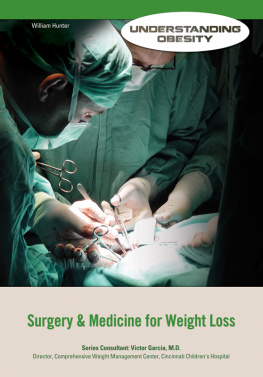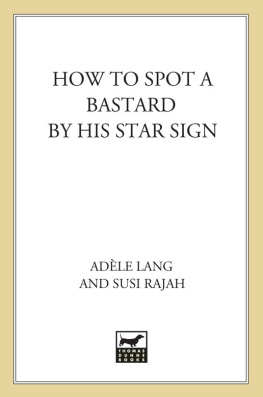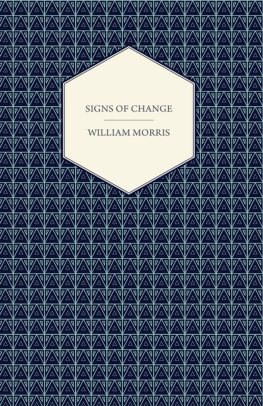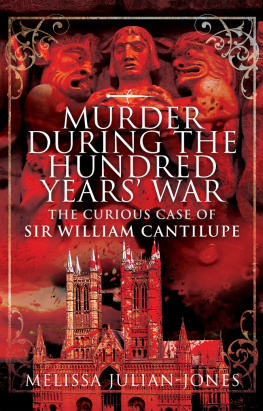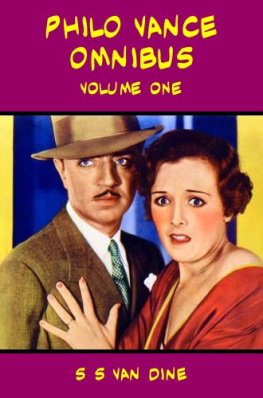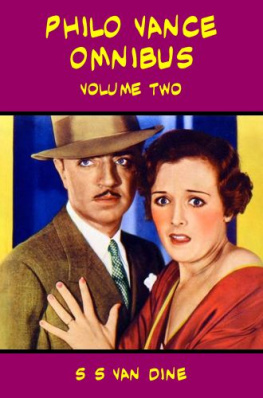Members of the Medical Society.
Read July 14, 1783.
Gentlemen ,
In the course of the present year, one of our friends, distinguished by rank, fortune, and science, came to me upon the following occasion: In the country, he said, a young woman was taken up, and committed to jail to take her trial, for the supposed murder of her bastard child. According to the information which he had received, he was inclined to believe, from the circumstances, that she was innocent; and yet, understanding that the minds of the people in that part of the country were much exasperated against her, by the popular cry of a cruel and unnatural murder, he feared, though innocent, she might fall a victim to prejudice and blind zeal. What he wished, he said, was to procure an unprejudiced enquiry. He had been informed that it was a subject which I had considered in my lectures, and made some remarks upon it, which were not perhaps sufficiently known, or enough attended to; and his visit to me was, to know what these remarks were. I told him what I had commonly said upon that question. He thought some of the observations so material, that he imagined they might sometimes be the means of saving an innocent life: and if they could upon the present occasion do so, which he thought very possible, he was sure I would willingly take the trouble of putting them upon paper. Next day I sent them to him in a letter, which I said he was at liberty to use as he might think proper. Some time afterwards he told me that he had great pleasure in thanking me for the letter, and telling me that the trial was over; that the unfortunate young woman was acquitted, and that he had reason to believe that my letter had been instrumental. This having been the subject of some conversation one evening at our medical meeting, you remember, Gentlemen, that you thought the subject interesting, and desired me to give you a paper upon it. I now obey your command.
In those unhappy cases of the death of bastard children, as in every action indeed that is either criminal or suspicious, reason and justice demand an enquiry into all the circumstances; and particularly to find out from what views and motives the act proceeded. For, as nothing can be so criminal but that circumstances might be added by the imagination to make it worse; so nothing can be conceived so wicked and offensive to the feelings of a good mind, as not to be somewhat softened or extenuated by circumstances and motives. In making up a just estimate of any human action, much will depend on the state of the agent's mind at the time; and therefore the laws of all countries make ample allowance for insanity. The insane are not held to be responsible for their actions.
The world will give me credit, surely, for having had sufficient opportunities of knowing a good deal of female characters. I have seen the private as well as the public virtues, the private as well as the more public frailties of women in all ranks of life. I have been in their secrets, their counsellor and adviser in the moments of their greatest distress in body and mind. I have been a witness to their private conduct, when they were preparing themselves to meet danger, and have heard their last and most serious reflections, when they were certain they had but a few hours to live.
That knowledge of women has enabled me to say, though no doubt there will be many exceptions to the general rule, that women who are pregnant without daring to avow their situation, are commonly objects of the greatest compassion; and generally are less criminal than the world imagine. In most of these cases the father of the child is really criminal, often cruelly so; the mother is weak, credulous, and deluded. Having obtained gratification, he thinks no more of his promises; she finds herself abused, disappointed of his affection, attention, and support, and left to struggle as she can, with sickness, pains, poverty, infamy; in short, with compleat ruin for life!
A worthless woman can never be reduced to that wretched situation, because she is insensible to infamy; but a woman who has that respectable virtue, a high sense of shame, and a strong desire of being respectable in her character, finding herself surrounded by such horrors, often has not strength of mind to meet them, and in despair puts an end to a life which is become insupportable. In that case, can any man, whose heart ever felt what pity is, be angry with the memory of such an unfortunate woman for what she did? She felt life to be so dreadful and oppressive, that she could not longer support it. With that view of her situation, every humane heart will forget the indiscretion or crime, and bleed for the sufferings which a woman must have gone through; who, but for having listened to the perfidious protestations and vows of our sex, might have been an affectionate and faithful wife, a virtuous and honoured mother, through a long and happy life; and probably that very reflection raised the last pang of despair, which hurried her into eternity. To think seriously of what a fellow-creature must feel, at such an awful moment, must melt to pity every man whose heart is not steeled with habits of cruelty; and every woman who does not affect to be more severely virtuous and chaste than perhaps any good woman ever was.
It may be said that such a woman's guilt is heightened, when we consider that at the same time that she puts an end to her own life, she murders her child. God forbid that killing should always be murder! It is only murder when it is executed with some degree of cool judgment, and wicked intention. When committed under a phrenzy from despair, can it be more offensive in the sight of God, than under a phrenzy from a fever, or in lunacy? It should therefore, as it must raise our horror, raise our pity too.
What is commonly understood to be the murder of a bastard child by the mother, if the real circumstances were fully known, would be allowed to be a very different crime in different circumstances.
In some (it is to be hoped rare) instances, it is a crime of the very deepest dye: it is a premeditated contrivance for taking away the life of the most inoffensive and most helpless of all human creatures, in opposition not only to the most universal dictates of humanity, but of that powerful instinctive passion which, for a wise and important purpose, the Author of our nature has planted in the breast of every female creature, a wonderful eagerness about the preservation of its young. The most charitable construction that could be put upon so savage an action, and it is to be hoped the fairest often, would be to reckon it the work of phrenzy, or temporary insanity.
But, as well as I can judge, the greatest number of what are called murders of bastard children, are of a very different kind. The mother has an unconquerable sense of shame, and pants after the preservation of character: so far she is virtuous and amiable. She has not the resolution to meet and avow infamy. In proportion as she loses the hope either of having been mistaken with regard to pregnancy, of being relieved from her terrors by a fortunate miscarriage, she every day sees her danger greater and nearer, and her mind more overwhelmed with terror and despair. In this situation many of these women, who are afterwards accused of murder, would destroy themselves, if they did not know that such an action would infallibly lead to an enquiry, which would proclaim what they are so anxious to conceal. In this perplexity, and meaning nothing less than the murder of the infant, they are meditating different schemes for concealing the birth of the child; but are wavering between difficulties on all sides, putting the evil hour off, and trusting too much to chance and fortune.In that state often they are overtaken sooner than they expected; their schemes are frustrated; their distress of body and mind deprives them of all judgment, and rational conduct; they are delivered by themselves, wherever they happened to retire in their fright and confusion; sometimes dying in the agonies of childbirth, and sometimes, being quite exhausted, they faint away, and become insensible to what is passing; and when they recover a little strength, find that the child, whether still-born or not, is completely lifeless. In such a case, is it to be expected, when it could answer no purpose, that a woman should divulge the secret? Will not the best dispositions of mind urge her to preserve her character? She will therefore hide every appearance of what has happened as well as she can; though if the discovery be made, that conduct will be set down as a proof of her guilt.



